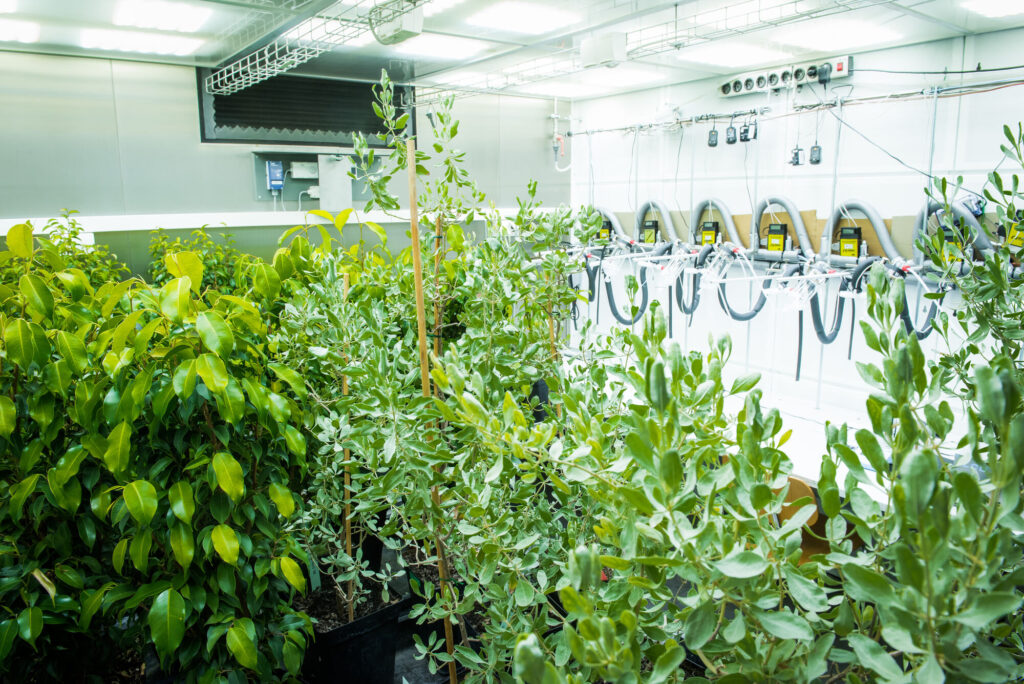QS World University Rankings: Sustainability 2025: University of Freiburg among the top three nationally in the Environmental Impact category
Freiburg, 13/12/2024
The University of Freiburg stands out for its commitment to sustainability in research, education and knowledge transfer.

Rank 0
of 1700 evaluated institutions
In the QS World University Rankings: Sustainability 2025, the University of Freiburg is ranked 7th among the 50 German universities evaluated; internationally, it is ranked 104th. The ranking evaluates more than 1700 institutions worldwide with regard to their sustainability work in research, teaching and society in an overall ranking and in three categories: ‘Social Impact’, ‘Environmental Impact’ and ‘Governance’.
The University of Freiburg came in third in Germany, particularly scoring well in the “Environmental Impact” category. In this category, the top rankings in the areas of “Environmental Education” and “Environmental Research” are particularly noteworthy. In the area of “Environmental Education,” the University of Freiburg achieved 2nd place nationally and 47th place internationally. The indicators considered include the academic reputation of the institution in the environmental field, the influence of graduates on ecological sustainability in the public and third sectors, and the range of climate-related courses offered. The University of Freiburg is ranked 49th internationally in the field of environmental research, making it the third-best German university. The assessment is based on the contribution of research to the specific sustainability development goals of the United Nations (SDGs), national statistics on research expenditure and the existence of a research centre dedicated to environmental sustainability.
Social Impact: 4th place in the area of Health and Wellbeing
In the “Social Impact” category, the University of Freiburg was ranked 4th nationally and 32nd internationally in the area of “Health and Wellbeing.” The ranking is based on key figures that measure health care on campus, the contribution of research in the area of relevant SDGs and national statistics on quality of life. The University of Freiburg also achieved top national rankings in the category of “Social Impact” in the areas of “Impact of Education” (6th place) and “Knowledge Exchange” (8th place).
Methodology
The QS World University Rankings: Sustainability evaluate the commitment of universities to a sustainable environment and society. Among other things, the rankings are based on the 17 sustainability development goals of the United Nations. The “Environmental Impact” category examines the extent to which universities contribute to a sustainable environment through teaching and research. In addition, ecological sustainability is evaluated. The “Social Impact” category covers the universities’ social sustainability activities in the areas of gender equality, knowledge exchange, impact of education, employability and opportunities, and health and well-being. The “Governance” category provides information on whether the universities are characterised by responsible leadership.
QS uses various data sources to determine the rankings, such as data submitted by the universities, reputation studies, bibliometric analyses of publications by the science publisher Elsevier, and the Academic Freedom Index.